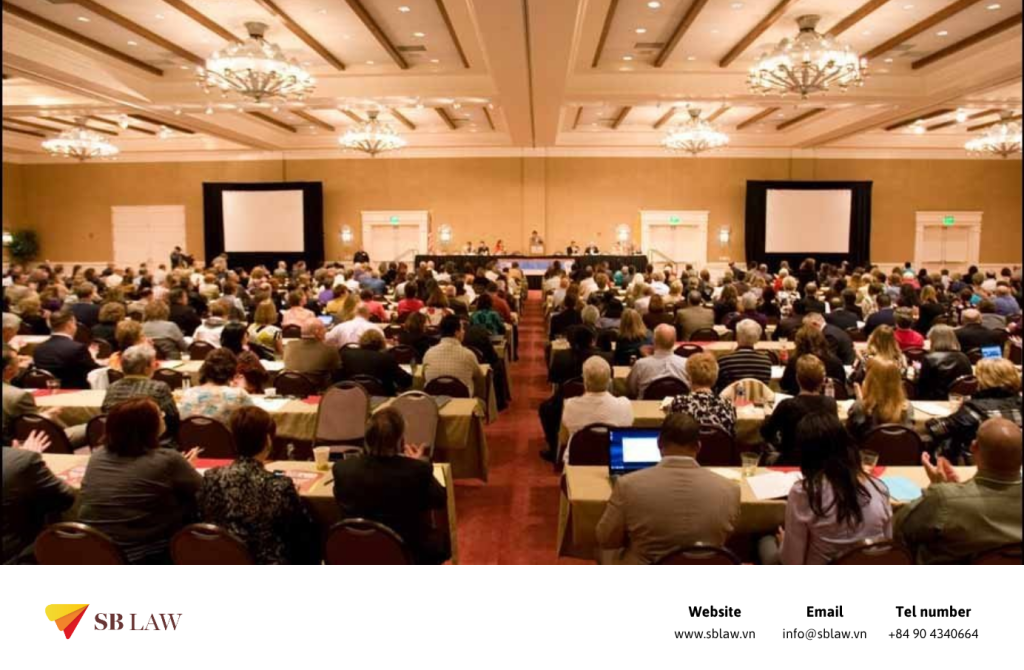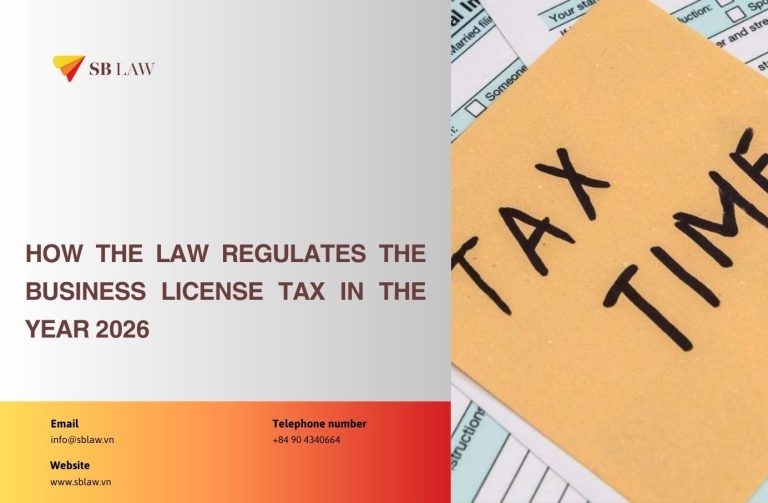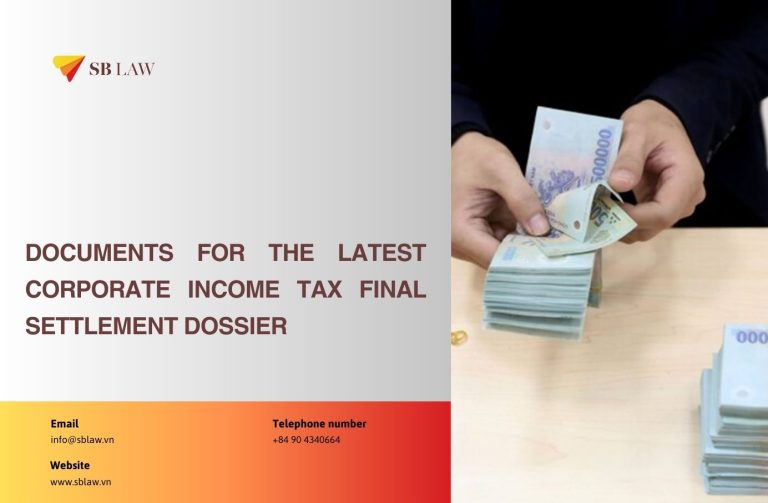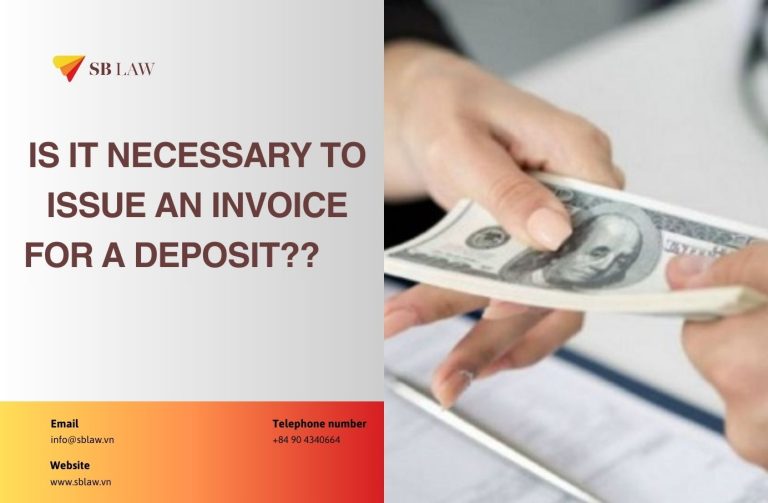Question: Our company held an extraordinary general meeting of shareholders to amend the business registration certificate and increase charter capital. Can this meeting be considered the annual general meeting of shareholders? If not, are we still required to hold a separate annual general meeting?

Answer:
The meeting mentioned above cannot be regarded as the annual general meeting of shareholders, because under the Law on Enterprises 2020, these two types of meetings have different purposes and legal characteristics. Specifically:
The annual general meeting of shareholders must be held once every year. In addition to the annual meeting, the company may convene extraordinary general meetings when necessary.
The venue of the general meeting of shareholders is determined as the place where the chairperson of the meeting participates and must be located within the territory of Viet Nam.
The time limit for holding the annual general meeting of shareholders is within four months from the end of the fiscal year.
In special cases, the board of directors may decide to extend this period, but the extension must not exceed six months from the end of the fiscal year, unless otherwise provided in the company’s charter.
The mandatory contents of the annual general meeting of shareholders include:
a) Approval of the company’s annual business plan;
b) Approval of the annual financial statements;
c) The board of directors’ report on corporate governance and the performance of each member;
d) The supervisory board’s report on business performance, activities of the board of directors, and the director or general director;
đ) The supervisory board’s self-assessment report on its activities and those of its members;
e) Approval of dividends for each type of share;
g) Other matters under the authority of the general meeting of shareholders.
Conclusion: The extraordinary general meeting that your company held, which focused solely on adjusting the business registration certificate and increasing charter capital, can only be considered a special-purpose meeting, not the annual general meeting of shareholders.Failure to convene the annual general meeting of shareholders may indicate a lack of transparency in corporate governance and may affect the credibility of the board of directors. Therefore, the company is still required to hold an annual general meeting of shareholders within the prescribed timeframe and with the required agenda to ensure full compliance with the law.
Consultation reference: Company services




